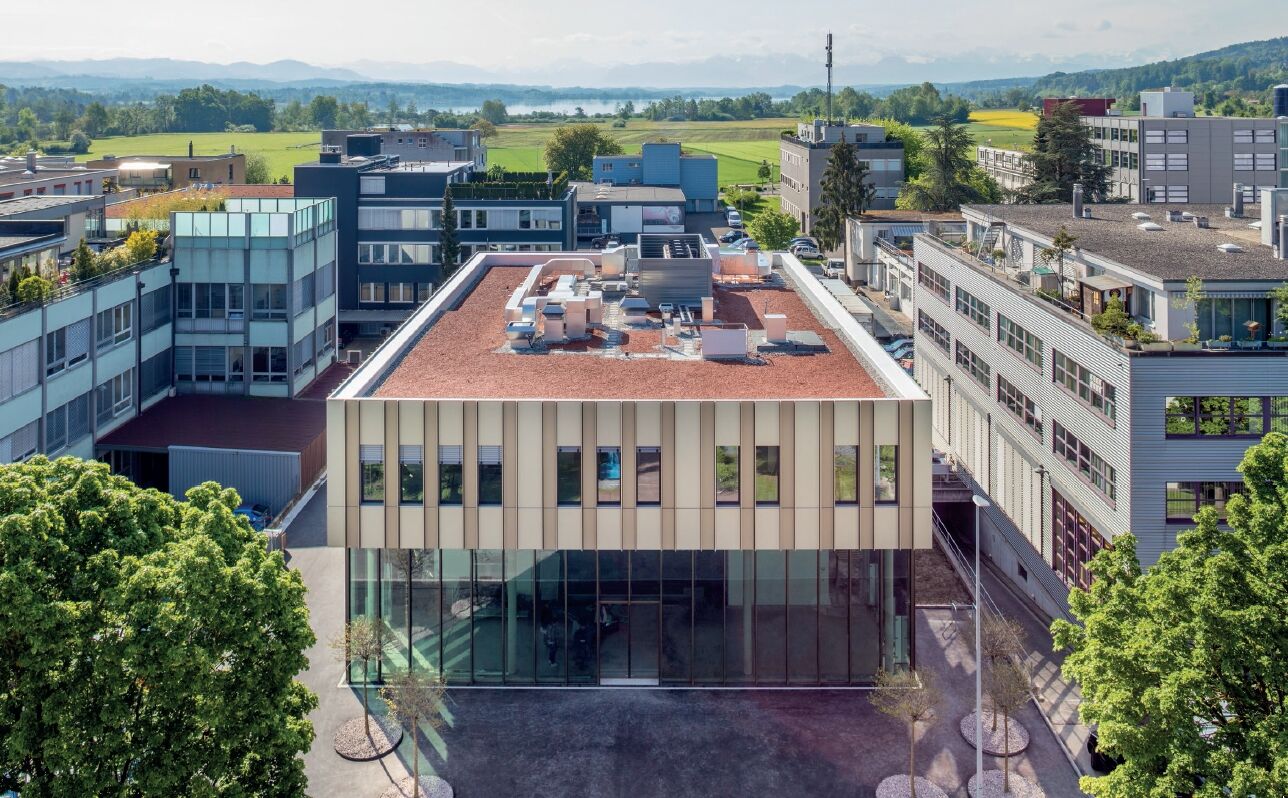

Investing in Sustainable Infrastructure - Part 1
Investing in Sustainable Infrastructure - Part 1
Despite calls from activists for governments to do more, there is undoubtedly growing movement across the globe to address climate change. Global emissions can be allocated to human activities in various ways, including energy use, agriculture, land use change, industrial processes, and waste. The European Union (EU)’s Eco-innovation initiative reported that the heating and lighting of buildings alone accounts for almost half (42%) of energy use, and approximately one third (35%) of greenhouse gas emissions. Maintaining an energy efficient infrastructure has a huge impact on climate change. Large corporations and small to medium enterprises (SMEs) alike are looking for ways to decrease their carbon footprint, not only to comply with international regulations, but also to align with the public’s growing concern over the impact of human life on the environment.
Your Trash is Our Treasure
Our Bruker Switzerland AG campus in Fällanden has undergone significant renovation to improve its energy efficiency. We are proud to be the first company in the city to join the new ARA Fällanden heating network. Twelve of the 15 buildings have pioneered the use of wastewater to power their heating, and the remaining three buildings are heated with environmentally friendly biogas. As the largest company in the area, we have created a model for success, with other companies and private housing constructors looking to replicate our approach for their energy supplies. Across the campus, we have reduced our CO2 emissions by 400 tons to almost zero and, aside from the capital expenditure, the running costs of the wastewater heating system are next to nothing. The renewal of the compressed air system also made it possible to achieve 70% energy efficiency. The waste heat from the compressed air system is now also used to power the water heating system. The next step is to install solar panels on the roofs of our Fällanden campus.
A Nationwide Effort
Bruker Switzerland has recently joined the Energie-Agentur der Wirtschaft (EnAW) (Energy Agency for Business) and the Zurich Energy Model. We have committed to achieving the Confederation's energy goals for 2050, underlining our sustainability strategy throughout our entire operation. By meeting these targets, we qualify for an EnAW grant to re-invest into further sustainable business improvements across the business.